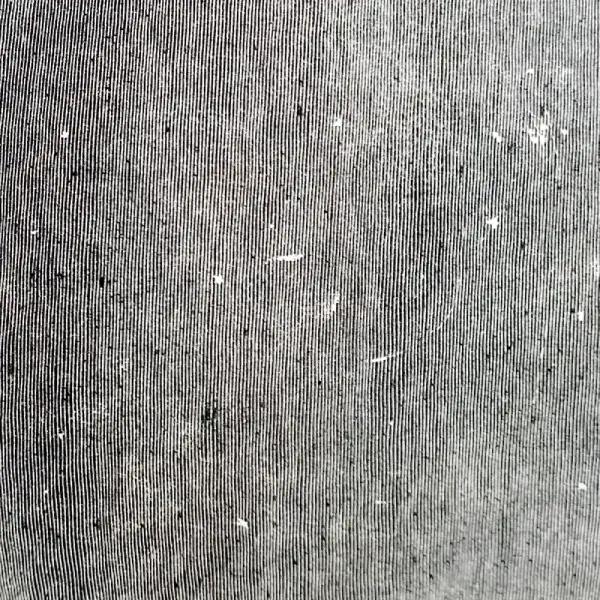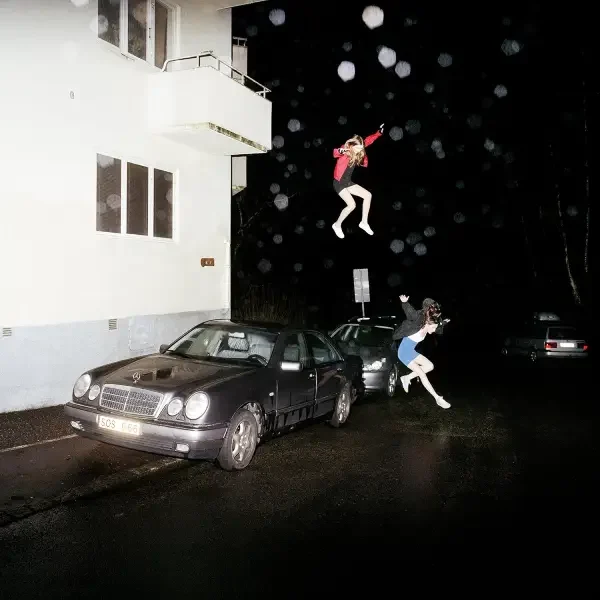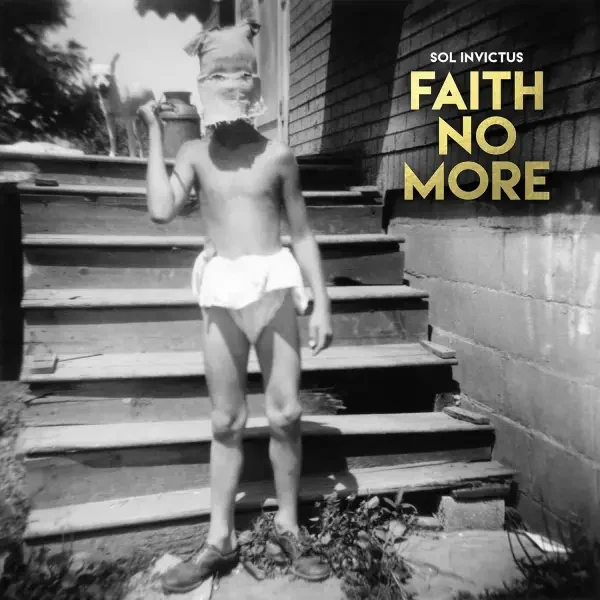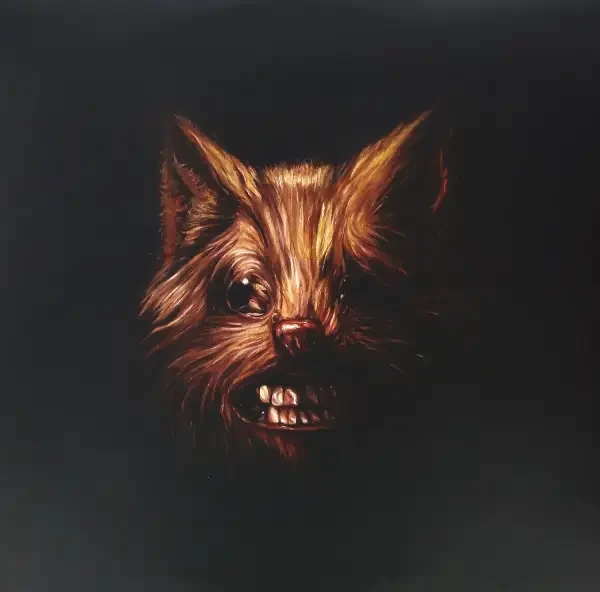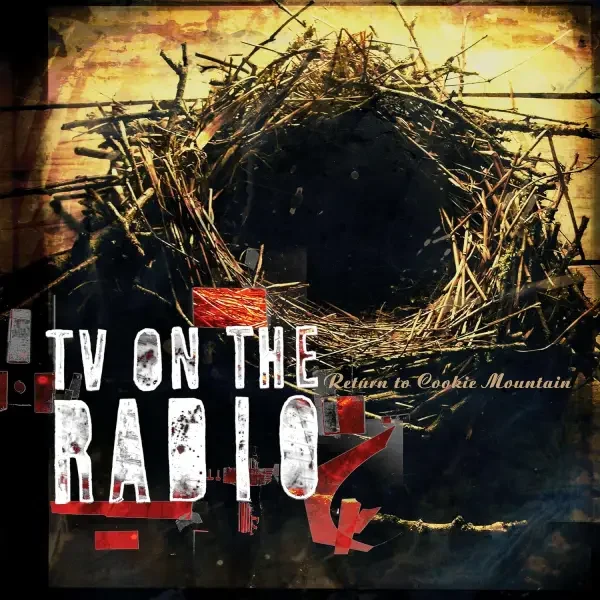Low – Hey What
Low – Hey What Low’s Hey What, released in 2021, is a transformative and emotionally potent album that cements the band’s legacy as sonic innovators. The record builds on the experimental groundwork laid by their previous work, Double Negative, but pushes even further into the abstract with a stark, minimalistic approach and distorted soundscapes that…
 Experimental rock, or avant-rock, is a subgenre that challenges conventional composition and performance techniques, often incorporating improvisation, avant-garde influences, unconventional instrumentation, opaque lyrics or instrumentals, and nontraditional structures and rhythms, typically rejecting commercial appeal. While rock music has always had experimental tendencies, it wasn’t until the late 1960s that artists fully embraced extended, complex compositions through advances in multitrack recording.
Experimental rock, or avant-rock, is a subgenre that challenges conventional composition and performance techniques, often incorporating improvisation, avant-garde influences, unconventional instrumentation, opaque lyrics or instrumentals, and nontraditional structures and rhythms, typically rejecting commercial appeal. While rock music has always had experimental tendencies, it wasn’t until the late 1960s that artists fully embraced extended, complex compositions through advances in multitrack recording.